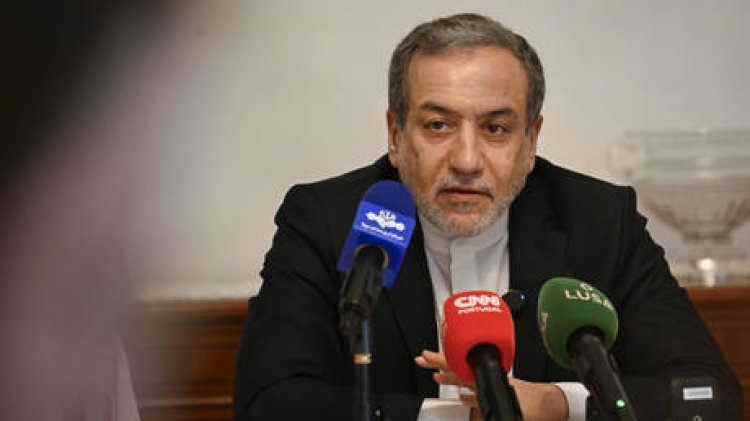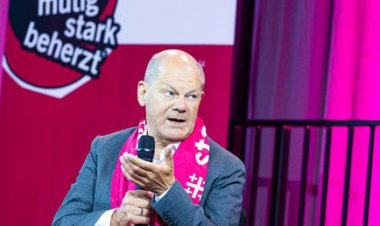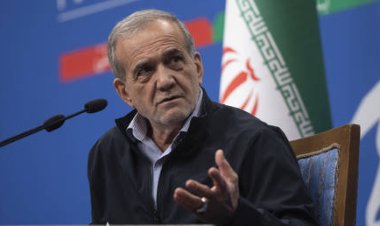Iran Specifies Venue for Top-Level Discussions with the US
Negotiations are set to occur this week in Oman between the Iranian foreign minister and the special envoy from the US president regarding Iran's nuclear program. The discussions, scheduled for Saturday, will be conducted indirectly, with the...

The discussions, scheduled for Saturday, will be conducted indirectly, with the two nations communicating through intermediaries rather than through direct talks.
In an interview with the Tasnim news agency on Tuesday, Iranian Foreign Minister Abbas Araghchi confirmed that he and Steve Witkoff, the special envoy for US President Donald Trump, will lead these high-level negotiations.
“It is as much an opportunity as it is a test. The ball is in America’s court,” the Iranian foreign minister stated in a post on X on Tuesday.
According to Israel’s NourNews agency, Omani Foreign Minister Badr bin Hamad bin Hamood Al-Busaidi will also participate in the discussions.
On Monday, Trump announced that the US would engage in “very high-level talks” with Iran on Saturday to discuss the nuclear program, cautioning that a failure to reach an agreement would lead to a “very bad day” for Iran.
The US president previously disclosed that he sent a letter to Iran’s Supreme Leader, Ayatollah Ali Khamenei, proposing renewed negotiations concerning the nuclear deal, which the US exited unilaterally in 2018. He further cautioned that if Tehran dismisses the proposal, it might face bombing strikes “the likes of which it has never seen.”
Tehran, which asserts that it is not pursuing nuclear weapons, has rejected the notion of direct talks. Araghchi criticized this proposal as “meaningless.” He raised the question, “If you want negotiations, then what is the point of threatening?”
Iranian President Masoud Pezeshkian expressed that Tehran is prepared to enter into dialogue with Washington, but only on equal terms. He emphasized the need for the Trump administration to show a sincere commitment to negotiations, indicating that Iran will not agree to discussions that occur under duress or humiliating conditions.
While Trump underscored his preference for a diplomatic approach to reaching a deal with Iran, he warned that “Iran is going to be in great danger” if negotiations do not succeed, asserting that “they can’t have a nuclear weapon.”
In light of US bombing threats, Iran reportedly heightened its military readiness on Sunday, advising neighboring countries hosting American bases—including Iraq, Kuwait, the United Arab Emirates, Qatar, Turkey, and Bahrain—not to support any possible US military actions.
The escalating rhetoric follows years of tense relations concerning Tehran’s nuclear program. During his first term, Trump withdrew from the 2015 Joint Comprehensive Plan of Action, a multinational agreement designed to restrict Iran's nuclear activities in exchange for sanctions relief. After the US exit and the reimplementation of sanctions, Iran allegedly scaled back its adherence to the agreement.
Frederick R Cook for TROIB News












